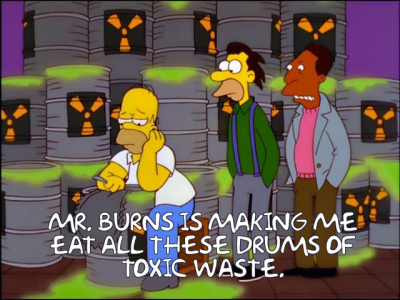I believe you're thinking of a handful of wind turbines that were relocated from warmer regions and locked up due to improper lubricant:
https://www.startribune.com/california-turbines-frozen-in-minnesota-wind/83506647/
Wind turbines have no problem working in arctic regions around the world. The limit is generally design and human access for maintenance, not the turbine itself:
https://climate.mit.edu/ask-mit/it-true-wind-turbines-dont-work-winter
Also, if we want to get into anecdotal examples we could talk about natural gas lines freezing in Texas. Fossil fuels really let those people down huh?

It was actually a design issue and not a fuel issue of course, but it's the same argument you are making.anti-icing systems are installed, they can fail when weather conditions knock out existing power supplies because they rely on the grid to work in the first place.

